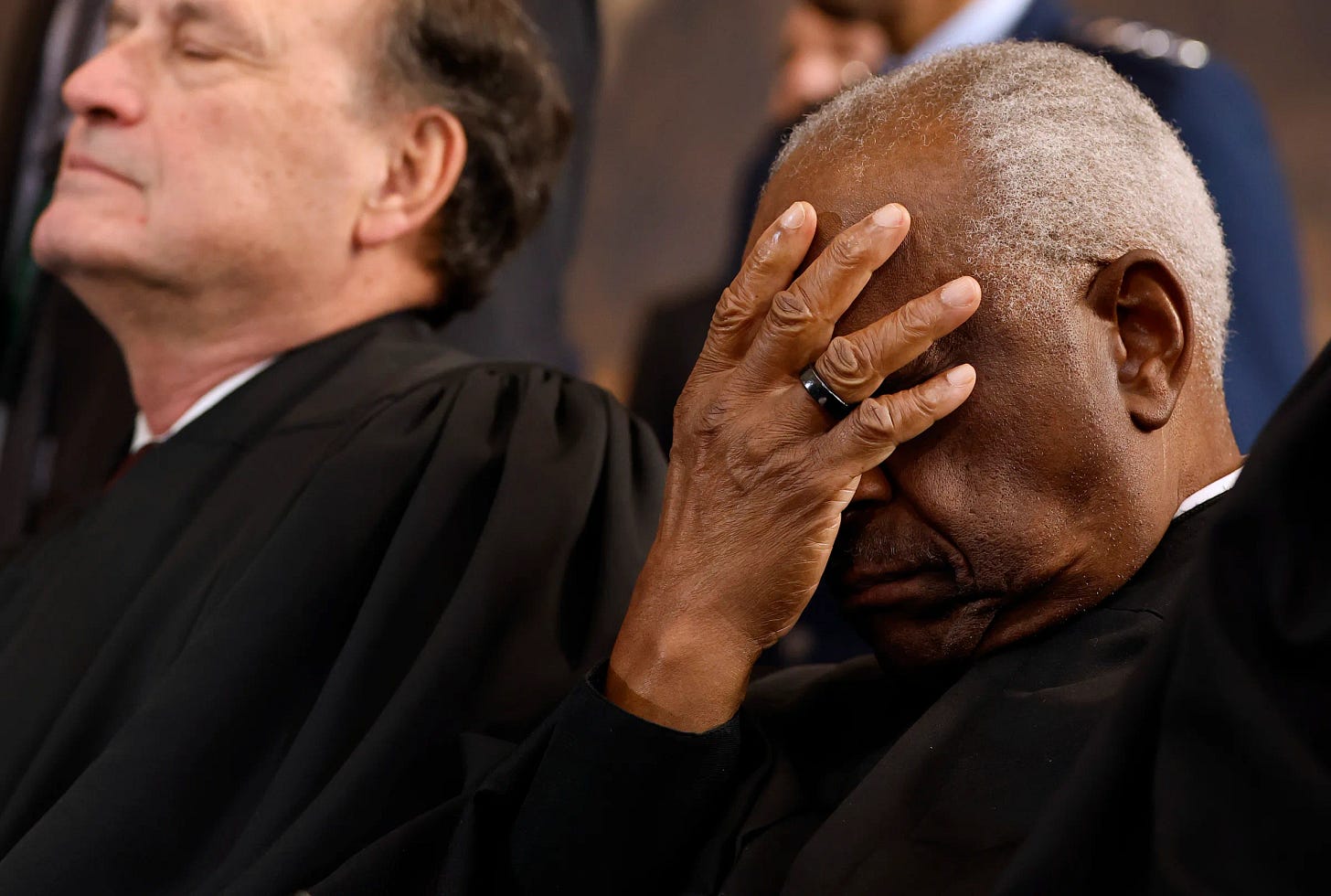Trump Admin Pushes Back Against Supreme Court
The Supreme Court ruled Thursday that the administration must "facilitate" the release of Kilmar Abrego Garcia.
The Trump administration is resisting calls to bring back a Maryland man it deported illegally to El Salvador, arguing it has no legal duty to do so.
In a court filing Sunday, Justice Department attorneys claimed a recent Supreme Court ruling only requires the government to allow Kilmar Abrego Garcia back into the U.S. if he is released from prison in E…




